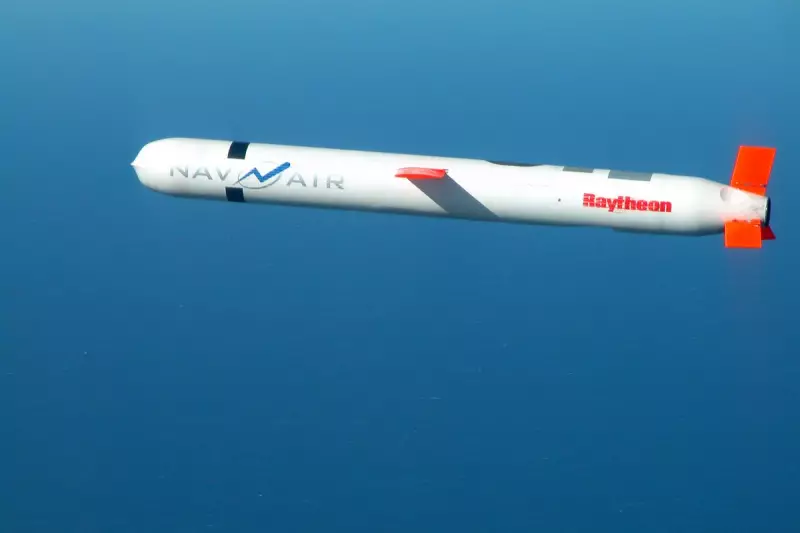
In a revelation that has sent shockwaves through diplomatic circles, former US President Donald Trump allegedly told European Commission officials he would encourage Russia to attack NATO member states failing to meet their defence spending obligations.
The Bombshell Comments
According to sources familiar with the matter, Trump made the extraordinary remarks during a meeting where he reportedly stated: "If you don't pay your defence bills, then I'm not going to protect you. In fact, I would encourage Russia to do whatever they want to you."
The comments, if accurate, represent one of the most significant threats to NATO unity in the alliance's 75-year history and raise serious questions about America's commitment to European security should Trump return to power.
European Reaction and Fallout
European leaders have responded with a mixture of alarm and dismay. NATO Secretary General Jens Stoltenberg emphasised that "any suggestion that allies will not defend each other undermines all of our security."
The revelation comes at a critical time for the alliance, with several member states already concerned about America's long-term commitment to European defence. Many European capitals are now reportedly reassessing their security strategies in light of these comments.
Broader Implications for Ukraine
This development casts a shadow over ongoing support for Ukraine, where President Volodymyr Zelensky continues to plead for increased military assistance against Russian aggression. The potential for a Trump administration to fundamentally alter US policy toward both NATO and Ukraine has become a central concern for European security planners.
With Russia's invasion of Ukraine entering its third year, the prospect of reduced American support for European defence could significantly alter the strategic balance on the continent.
Political Fallout and Denials
While Trump's team has pushed back against the characterisation of his comments, the story has ignited fierce debate on both sides of the Atlantic. Some Republican allies have defended the former president's approach as necessary to pressure allies into meeting their financial commitments.
However, critics argue that such rhetoric fundamentally undermines the mutual defence guarantee that has been the cornerstone of European security since World War II.





